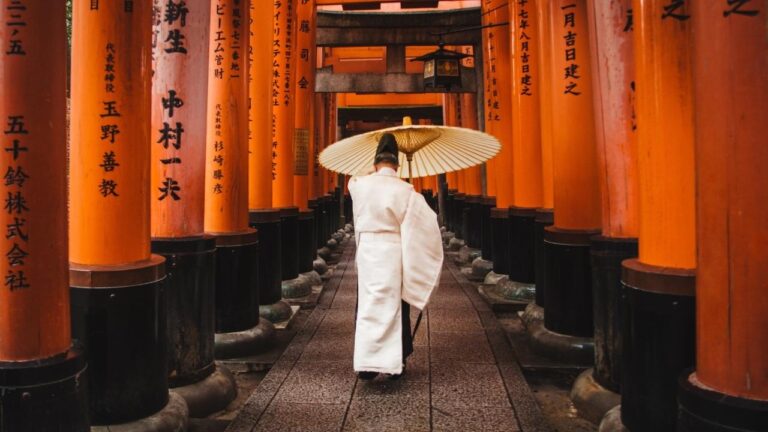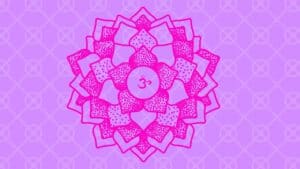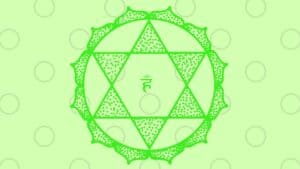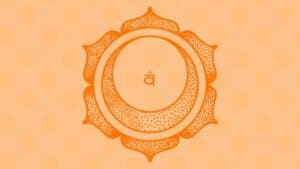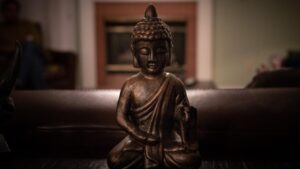I have a particular knack for keeping myself and my surroundings clean. Just after I wake up, I say my 2 minute morning prayer, have a glass of water, and then I head on to complete my daily chores of brushing and bathing. For my surroundings too, I clean my laptop once a week, often tidy my room when I feel it has become too messy, keep my books well stacked, regularly trim the plants at home, clean the water fountain, and so on.
So, when I came across ‘Osoji’, the Japanese way of de-cluttering the home, it particularly excited me. I read more about the topic, researched and thought of writing an article on it. An extension of de-cluttering the home can be de-cluttering the mind, which is briefly mentioned towards the end.
So here it is.
Japanese Tradition Of Cleaning
Japan is renowned for its cleanliness. Instructions for the yearly cleaning of Kyoto’s Royal Palace can be found in manuscripts from the 10th century A.D. (Kyoto is a major tourist destination and the cultural capital of Japan). The Japanese developed cleaning procedures with a goal in mind. These rituals aimed to circulate fresh air throughout the unhealthy setting. The divine energy thus swept away the year’s bad omens and malevolent spirits to prepare for a new beginning.
In Japan, there were religious overtones to the cleaning custom. Shinto Gods, who were celestial beings that detested filth or dirt, were the driving force behind home cleaning in the early thirteenth century. It was and still is mandatory to wash one’s hands before worshipping in Japan’s Shinto shrines. This religious practise affirms a certain level of holiness.
Japanese Buddhism also stresses the importance of cleanliness to achieve well-being for those who seek spirituality. Cleaning is a common morning ritual at Japanese temples. There, the Buddhist monks hold that each act of cleaning has the power to heal, and that a person may even master themselves by mastering their surroundings. Therefore, cleaning is a powerful habit.
The Japanese take great effort to maintain cleanliness. They share both the traditional duty of maintaining order and removing clutter from their surroundings, both physically and emotionally.
‘Osoji’ For Cleaning Home
Across various cultures spanning different periods, there are traditions which have religious ties. In Japan too, there is the ceremony known as ‘Osoji’ which translates to ‘huge cleaning’ to start the new year off right. The focus of the event is on the value of cleansing of the home and getting rid of bad energy.
In order to provide offerings to Toshigami-sama, the Japanese New Year God, Japanese people spent much of the month of December cleaning. During Oshogatsu, the Japanese New Year, this Shinto god bestows wealth and joy to every family. This traditional practise of ‘Osoji’ exhorts people to clean with purpose. It entails putting an end to our harmful habits or even unhealthy relationships.
Here people gather all their stuff, like clothes, books, utensils, etc. in one room. Then they go through every single item and only keep the ones they need. The ones which are not useful or are not required are left behind in the room, ready to be disposed of or donated. People find that by performing this activity, usually 30% of the household items are reduced.
‘Osoji’ For Mental Cleaning
When people are in a clean environment, they are undeniably able to concentrate better and are therefore more likely to succeed
– Satoru Imamura
The physical space around us influences our mental space. So the cleaner our physical surroundings are, the cleaner our mental space is. Every day we clean ourselves by brushing the teeth, bathing, wearing new clothes, but we carry the same thoughts from yesterday, past week, past months and even past years. If we keep flowers in the room, we get fragrance. So if we keep grudges, grief, hate, and other negative emotions, what can we expect in return?
Wouldn’t it be wise to perform Osoji for our thoughts and feelings too? Maybe, once a month, you could list down all the ill feelings and thoughts you carry for others and strike the ones you feel are not needed. Even if you reduce 30% of our negative mental clutter by this exercise, it will largely benefit you to make room for positive and refreshing thoughts.
I wrote an article a few days back on how to start with the process of de-cluttering the mind. I personally did the exercise way back in the year 2021, when I lacked clarity in life, and it helped me clear my mind. And so I strongly recommend the same.

